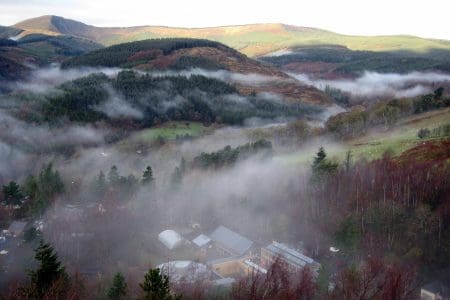Unseasonably hot spring weather is set to intensify the number of Australia bush fires over the next week in Queensland and New South Wales.
Nine homes in the north of New South Wales were destroyed over the past week due to the bush fires. A former head of the state’s fire service predicts that early bush fires will become regular climatic features, adding that the federal government needs to allocate resources to fight the natural phenomenon.
“As we saw last year and now, we’re getting simultaneous fire seasons. States are having to resource their own fires while other states are screaming out for help and there’ll be times when each state says, you’re on your own,” Greg Mullins, former commissioner of Fire and Rescue New South Wales from 2004 to 2017 told The Guardian newspaper.
Although conditions have eased somewhat since earlier this week when more than 130 fires raged across both states, some 70 bush fires are still ablaze in Queensland and a further 45 in New South Wales.
“The main reason we are seeing these very warm conditions is we have a very stubborn high pressure system sitting over the centre of the continent and so that is basically preventing any cooler conditions from making it any further north,” Jonathan How, a forecaster at the Bureau of Meteorology, told The Guardian Australia.
He predicted temperatures between 6C and 10C above average at the weekend, and 12C above average next week. Twelve of the 45 fires in New South Wales have yet to be contained.
Above-average spring temperatures are likely to continue, with researchers reporting below-average rainfall and above-average temperatures could continue across Queensland and New South Wales for months.
According to the Actuaries Institute’s quarterly climate index, autumn 2019 ranked second highest for extreme temperatures since the index started in 1981.
The Australia bush fires are part of a series of national phenomena including Hurricane Dorian, the floods in Spain, Greece wildfires and the fire in Gran Canaria that many scientists attribute in part to climate change. Scientists warn that as global temperatures rise natural events like these are likely to become more common and severe.
Anyone planning to visit Australia in the next few months should take note of the likelihood of bush fires affecting the area they are due to visit.



